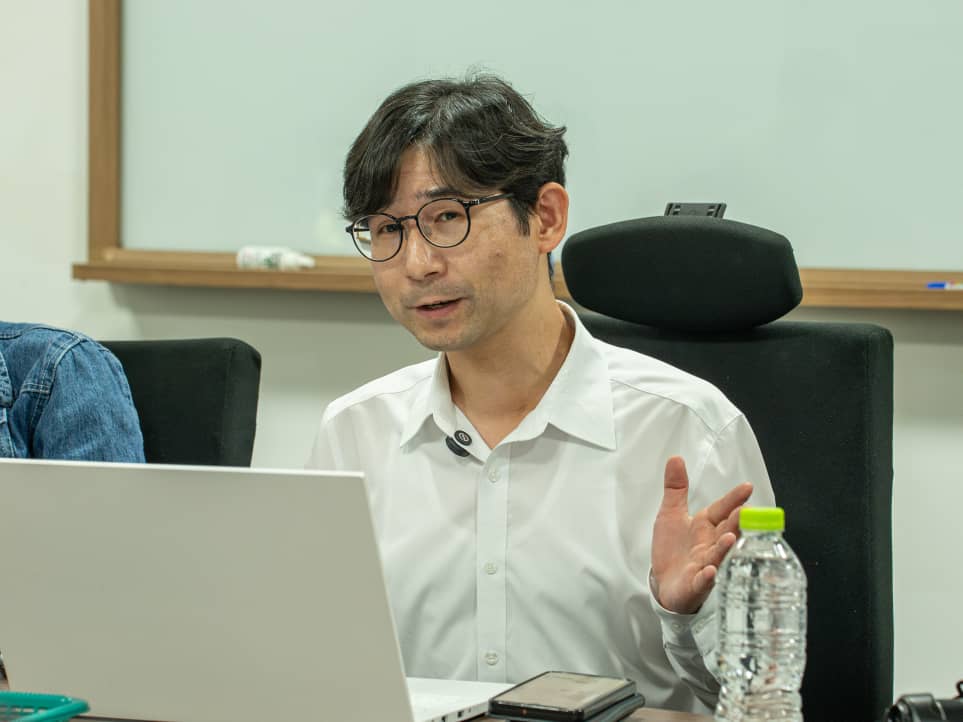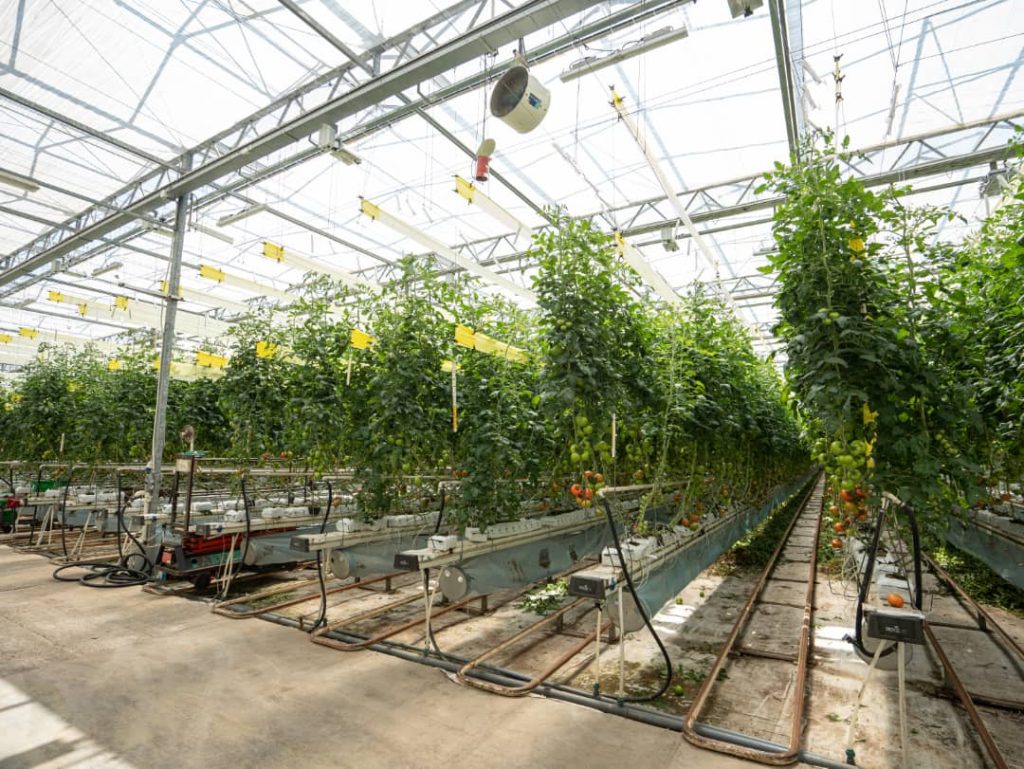By A. B. Kafui Kanyi
Seoul (South Korea), May 17, GNA – South Korea is working towards raising some 30,000 young farmers by 2027.
The young farmers would be introduced to smart farming to increase the percentage of young farmers in aging agricultural communities.
The initiative is in response to climate change impact on agriculture and to turn the sector into a sustainable industry.
Mr Seung-ho Choi, Foreign Press Spokesperson, Ministry of Agriculture, Food and Rural Affairs, told journalists in Seoul, capital of South Korea.
“As we are faced with challenges such as climate change, population ageing in rural agricultural areas, decreasing farmland, it is important to advance smart farming and turn agriculture into an industry for future growth,” he said.
The engagement followed a visit to the Wooil Smart Farm on the outskirts of Seoul.

It was under Korea’s Ministry of Culture, Sports and Tourism’s International Journalists Invitation Program ahead of the maiden Korea – Africa Summit in June.
Mr Choi said for the success of the project, the government was developing policies to support young farmers to have a stable settlement in rural agricultural communities and grow their farming businesses.
The policies include financial support as incomes in a stable manner during the early stages of living in rural agricultural communities.
They would receive a maximum of approximately USD 820 (KRW 1.1 million) a month for three years.
The young farmers would also be assisted to have access to farmlands, accommodation and run agribusiness in rural areas.
Mr Choi said Korea was strengthening support for “forward- and backward-linked” industries, such as smart farming, production of agricultural machines, and animal medicine to help the industries to expand their businesses in oversea markets.
He said the estimated export value of Korean agri-food products in the first quarter of 2024 reached an all-time high of US$2.27 billion, up by 3.4 per cent from the previous year.
“This figure marks 8th consecutive year of growth recorded since 2015 so, we are putting measures in place to sustain it.”
The economy of South Korea recorded a “Textbook recovery” in 1999 after it went for IMF bailout programme in 1997, following the Asian financial crisis.
The country’s FDI surged after the crisis, with accumulated amount of FDI as of 2017 coming to USD 22.9 billion.
The annual trade volume between Korea and Africa increased by 23-fold from around 890 million US Dollars in 1998 to around 20.45 billion US Dollars in 2022, according to the Korea International Trade Association.
The Korea-Africa Investment Amount has also gone up from 63 million US Dollars in 1998 to around 700 million US Dollars in 2019.
This feat has been attributed to government policies and targeted interventions to transform the economy.
A key initiative by the government to create a favourable environment for FDI is the hosting of regular Foreign Investment Weeks.
The event provides a “Red Carpet Service” for foreign investors.

Apart from tax reductions and exemptions, the country also designates notable citizens in some countries as Public Relations Ambassadors for FDI.
The government provides land and capital for foreign businesses that display excellent technological prowess and obeys local content laws.
The Summit in June was heralded by Africa Film and Cultural Festivals and an Exhibition.
It would be the largest multilateral summit hosted under the Yoon Suk Yeol Administration to elevate the relationship between Korea and Africa.
The Summit is expected to serve as a “cooperative platform for mutual prosperity, where Korea’s development experience do not only contribute to Africa’s development, but also where the dynamism of Africa enhances the growth of Korea”.
It will be on the theme: “The future we make together: Shared growth, sustainability, and solidarity”.
Africa is considered the continent of the future, with 60 per cent under the age of 25.
The establishment of the African Continental Free Trade Area (AfCFTA) is also making the continent a global economic powerhouse with population of 1.4 billion and GDP of 3.4 trillion US Dollars.
The International Journalists Invitational Program offered journalists from Africa the opportunity to experience Korea.
GNA